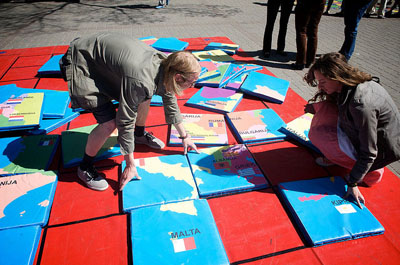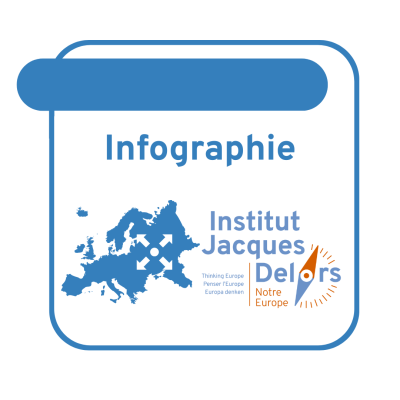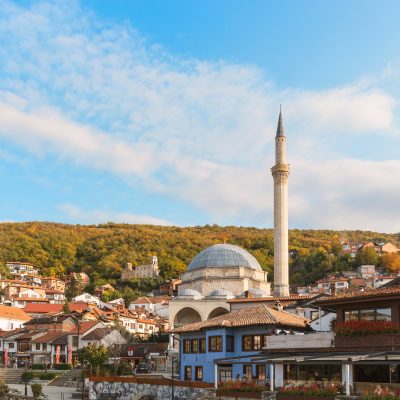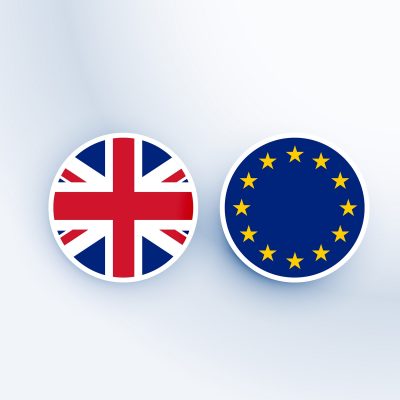[FR] An enlargement unlike any other…
Reflections on the specific characteristics of the candidate countries of Central and Eastern Europe.

I am, all too often for my liking, surprised at how little the forthcoming enlargement is mentioned in the European public debate. Or rather, that under this promising heading, the discussion very quickly drifts towards the question of the institutions of the enlarged Union, which is not quite the same thing.
And yet, the idea is gaining ground that this enlargement is unlike any of its predecessors and poses problems of a nature and scale for which the European Union has no reference in its short history. Allowing such an idea to develop without further consideration would be dangerous because it could fuel all kinds of fantasies and fears and lead to what I have sometimes called “schizophrenia”: the contrast between a regularly asserted political urgency, which is not followed up by action, and a purely technical negotiating mandate, left to the Commission, which risks resulting in a discouraging inventory of the difficulties to be faced.
At the request of Notre Europe, Franciszek Draus has agreed to try to explain what is not being said about enlargement and to identify the specific socio-economic, institutional and political characteristics of the candidate countries of Central and Eastern Europe. This work shows us that, beyond the figures, which are often misleading because they cover realities that are difficult to compare, the real challenge posed by enlargement to the East is that of integrating into a homogeneous group of societies (and not just economies) that are in a phase of transition and reconstruction.
This conclusion is disturbing but consistent with the objective that was set. Of course, by emphasising the novelty of the problems to be faced, this report runs the risk of being accused of wanting to make things even more difficult. However, I believe it is useful and necessary to try to face reality head on. All those who, like me, are campaigning for rapid enlargement at the political level know that it is easier to build when the real issues have been identified and there is a willingness to address them. In a democratic Europe, wanting rapid enlargement means accepting the opening of public debate on all its consequences, both positive and negative. It also means recognising that differences will not necessarily fade with time and should instead be seen as a source of enrichment for European integration.
The proposals put forward by the author in his conclusion bring us back to the fundamental question that I myself have tried to ask: how can we, in practical terms, reconcile the political urgency of enlargement with the time needed to resolve the considerable convergence problems that lie ahead? We must set to work without delay on the political imagination that this dilemma demands.





